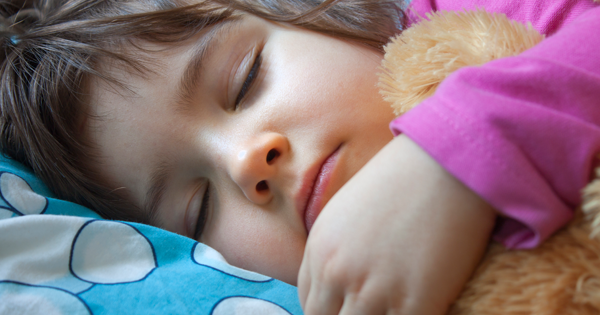Advertisement
It’s hard to get your kid to sleep sometimes, and it’s often even harder to get them to stay asleep.
Now, some parents are resorting to a method that some are calling dangerous: they’re giving their children doses of melatonin.
There’s been a steady increase in American parents giving their kids melatonin, despite the fact that reports from researchers and doctors are concerned with the effect melatonin supplements will have on children’s long-term health.
The main concern with giving melatonin to children is in the development of puberty. According to Dr. Judith Owens, director of sleep medicine at Boston Children’s Hospital, “Melatonin actually suppresses some hormones that regulate puberty. So, the concern is that chronic use of melatonin could alter normal pubertal development.”
Not only that, but giving kids melatonin may not even be all that effective in the long term for fixing sleep disorders.
Dr. Craig Canapari at the Pediatric Sleep Center at Yale-New Haven Children’s Hospital in Connecticut said, “Melatonin will help about 20 to 30 percent of the population fall asleep more easily when given prior to bedtime. The most effective interventions for insomnia are often behavioral.”
Doctors say that parents, and even some physicians, may be too hasty in giving kids melatonin, without first trying tactics like avoiding screen time before bed, limiting daytime naps, and improving sleep hygiene.
Researchers also warn that melatonin may lead to reproductive, cardiovascular, immune, and metabolic systems’ related side effects when the children get older.
Even further, experts worry that children will begin to see medication as solutions to problems. Instead of finding the root of the problem, kids will learn “when you can’t sleep, pop a pill.”
And yet, parents continue to give their children doses of melatonin, doses that could even knock out a grown adult.
Whether or not it’s actually unsafe is out for debate. But in the meantime, if you need to get a kid to sleep, try some lifestyle changes first.




